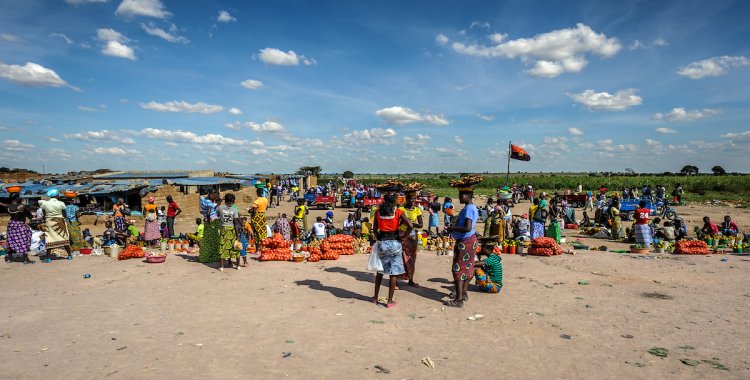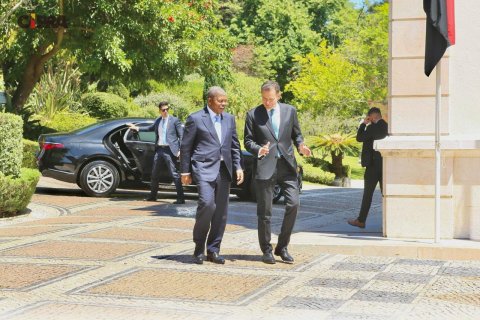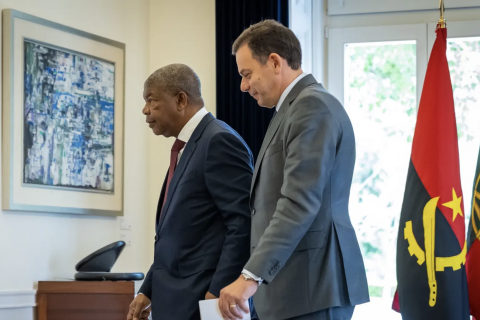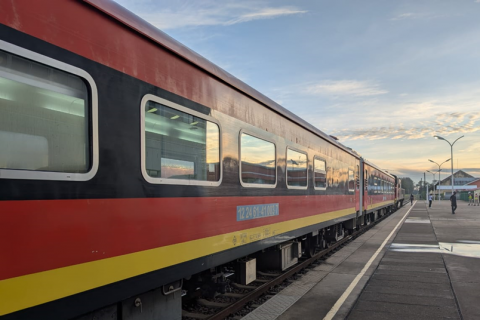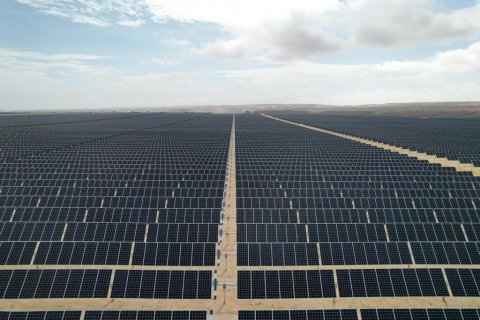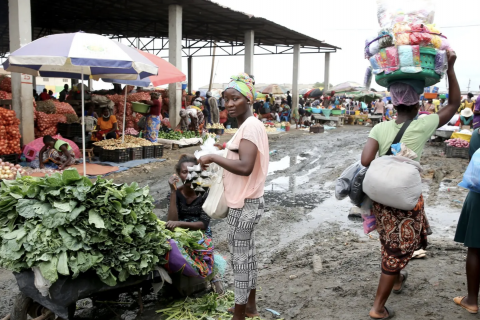"What we do regularly is share with the Government, with the Angolan authorities, what the financing options would be if they wanted to formally request a program with the International Monetary Fund," said Victor Lledo, who presented the Report on the Regional Economic Outlook for Sub-Saharan Africa, focusing on its Interrupted Recovery.
On the sidelines of the presentation made this Thursday, in Luanda, at the Faculty of Economics of the Agostinho Neto University, Victor Ledo told Lusa that the IMF also continues to provide the Government of Angola with training for its staff.
Regarding the economic outlook, the expert said that Africa, and Angola, began a very encouraging economic recovery process in 2024, going from 3.6 percent in 2023 to four percent in 2024, and Angola accelerated its economic growth from one percent to 4.5 percent during this period.
This recovery was accompanied by a reduction in macroeconomic imbalances, such as inflation, public debt levels and reserves, and greater exchange rate stability, he stressed, resulting in improved access to international markets, supported by "tough economic policy measures", such as exchange rate flexibility and reduction of subsidies.
"Unfortunately, this incipient recovery, both in Africa and in Angola, runs the risk of being interrupted this year, due to the current global scenario of heightened tariff war, as it generates uncertainty, negatively impacting global growth prospects and the prices of raw materials, including oil", he said.
Growth projections for this year for the African continent and, in particular, Angola, taking these effects into account, "should slow to 3.8 percent and 2.4 percent", respectively, a scenario "aggravated by the decline in foreign aid".
Victor Lledo highlighted the need to mitigate these external shocks, with greater mobilization of domestic revenues, reforms to increase efficiency and transparency in the management of public finances, in order to reduce the costs of external financing, and structural reforms to accelerate economic diversification and increase trade integration in the region.
Regarding the challenge of inflation in Angola, the IMF representative highlighted that the rate remains high, but has gradually shown a "strongly decreasing" trend, going from "a peak of 30 percent in July 2024" with the latest data indicating "a little above 22 percent".
"To a large extent due to a restrictive monetary policy adopted by the National Bank of Angola and our position is that this monetary policy is welcome and should be continued until inflation shows a fall to close to single digits", he stressed.
Regarding the removal of fuel subsidies, Victor Lledo stressed that the subsidies "are extremely regressive and tend to benefit higher-income groups of the population", consuming "necessary and fundamental fiscal space" for social protection and infrastructure spending.
The Finance Minister stated last April that there will be further cuts in transport subsidies this year, which will be implemented gradually from 2023 onwards.
According to the official, it is important that this reform continues, emphasizing that additional increases in fuel prices should reflect improvements in the conditions of the most vulnerable groups.
"What the Angolan Government has done is, in parallel with the increase in fuel subsidies, expand Kwenda [a cash transfer program for vulnerable families]. It is very important that this situation continues, not only in rural areas, but also in urban areas, this and other forms of compensation", he stressed.
Victor Lledo also emphasized the need for good communication of its objectives, and reforms in public finance management, to increase fiscal transparency of resources, "very important to give confidence to the population in general, that the money is being spent on the correct destination".

